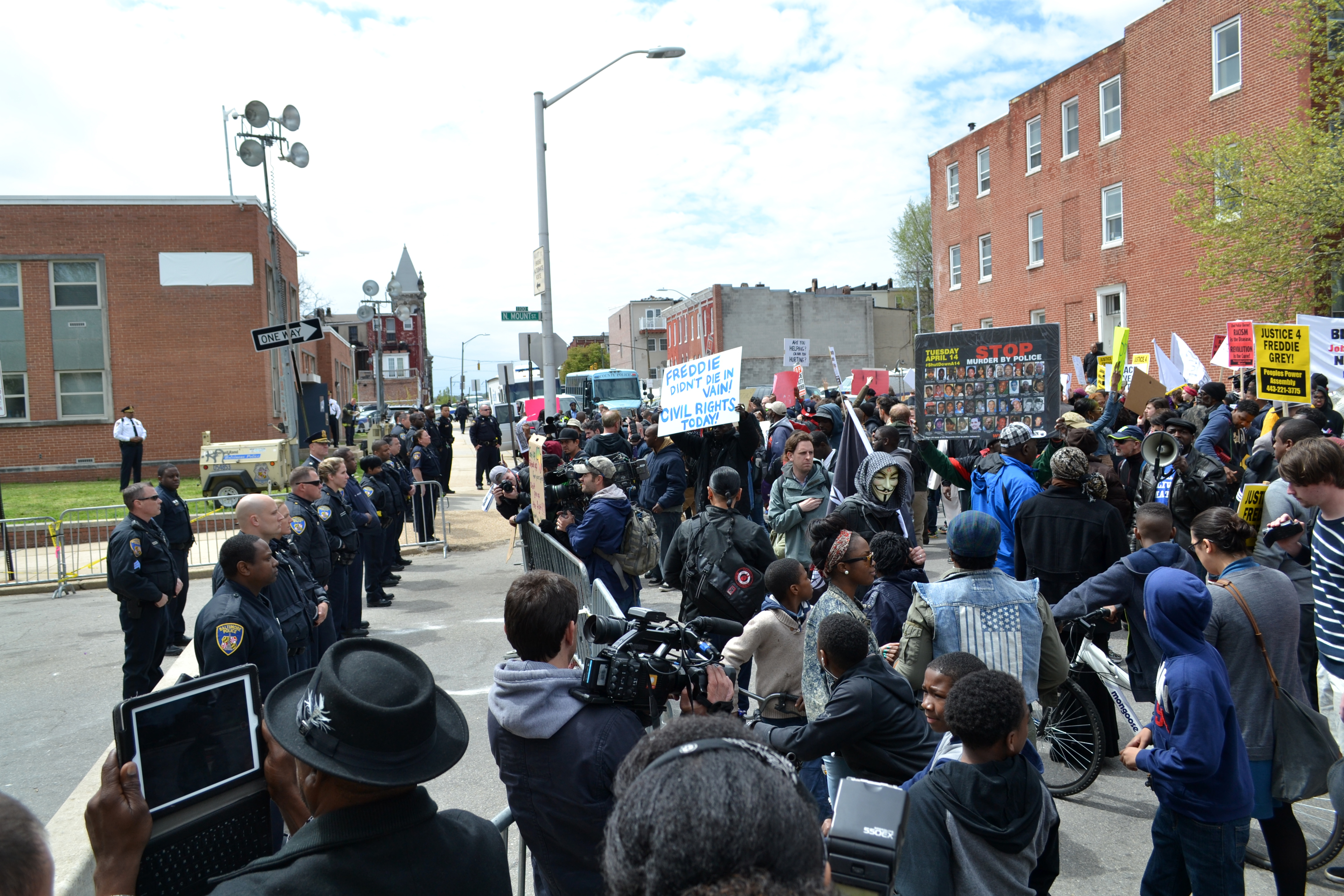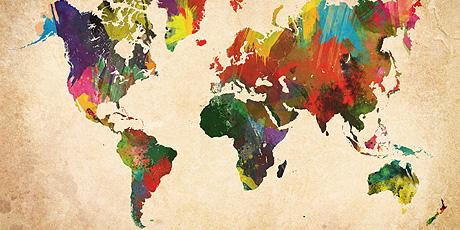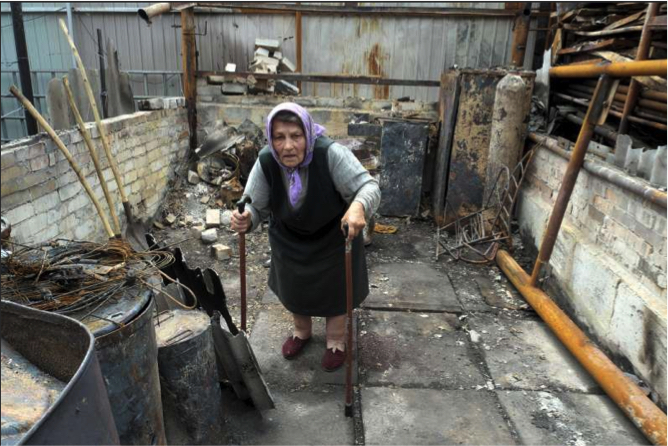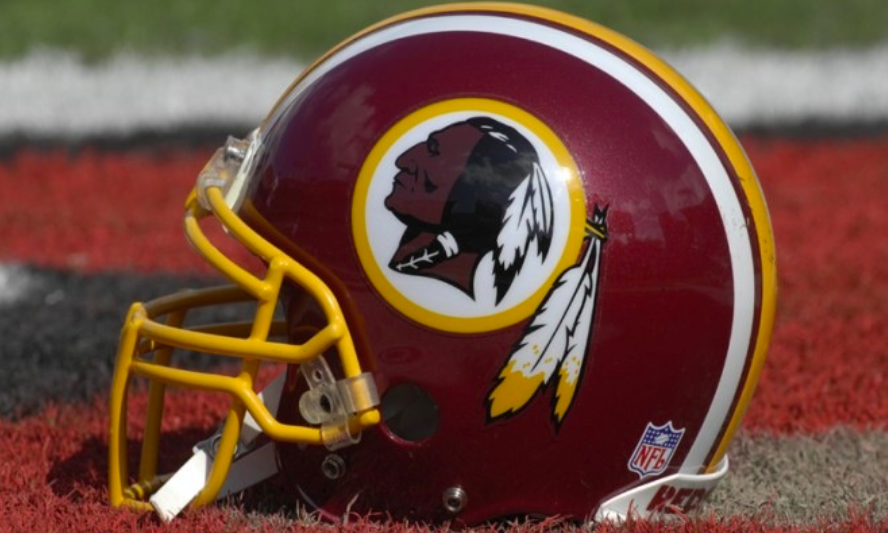The political debate on crime has been one of the most developing and shifting debates in public policy in the US since the 1990s. The crime rate declined by 26% between 1993 – 2000. Some in the US believe Bill Clinton’s 1994 crime bill had a direct effect on this decline. However, the crime bill only expanded the death penalty, lengthened prison sentences, and eliminated funding for inmate education. His “tough on crime” policies led to an era of mass incarceration in the US, the number of US citizens in prison rose 60%. So while crime declined, incarceration increased because Clinton’s crime bill and policies emphasized more ways to imprison citizens then actually prevent criminal activity. These policies on crime were instead used for political gains and stability within his own party, as crime was a prominent issue in the US at the time. These motivations have led to the idea of the politics of crime and police culture in the US.
Currently, the politics of crime and police culture in the US are most evident in the relationship between African Americans and police departments. Ta-Nehisi Coates of The Atlantic notes that an important aspect of the relationship between African Americans and the American society that they are a part of is the historic use of plundering, to take from African Americans in order to empower others in society. From slavery to current day policies and practices, plundering has been used to create this culture. A current tool of plundering is the criminal justice system because of its use of violence and force to control its citizens, similar to how violence is used in systems of slavery.
An important aspect of this culture surrounding the criminal justice system in the US is the use of rioting by citizens. The recent riots in Baltimore, following the death of Freddie Gray on April 19, 2015, reflect the need for confronting and no longer accepting injustice in their society. Poverty, high unemployment, and public housing projects have resulted in the “stability of segregation” in the history of Baltimore. These recent riots in Baltimore parallel the riots of 1968 following Martin Luther King’s assassination.
The political debate on crime is now, more than ever, developing and shifting as it is still a prominent issue in American society, particularly with the upcoming presidential elections and Hillary Clinton’s announcement of her candidacy for president on April 12, 2015. Clinton, like her husband 20 years ago, is still “tough on crime” but has denounced the mass incarceration of the last 20 years, demonstrating the shifting nature of this issue.




